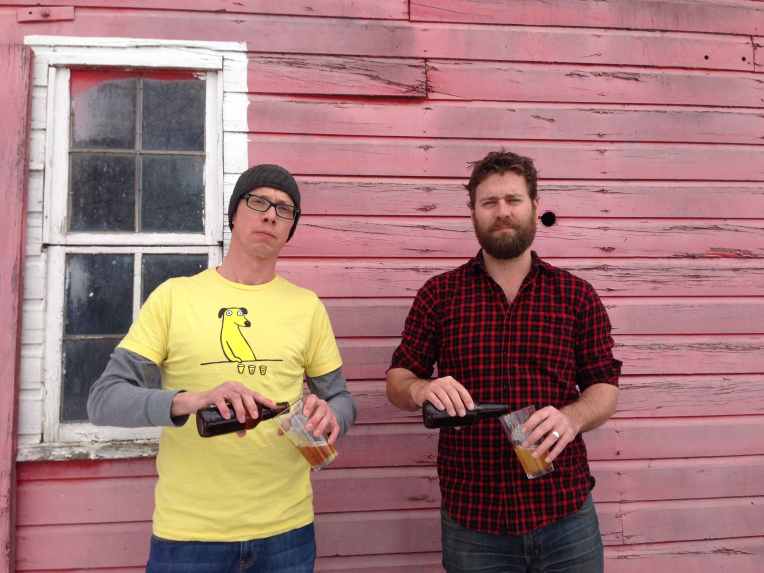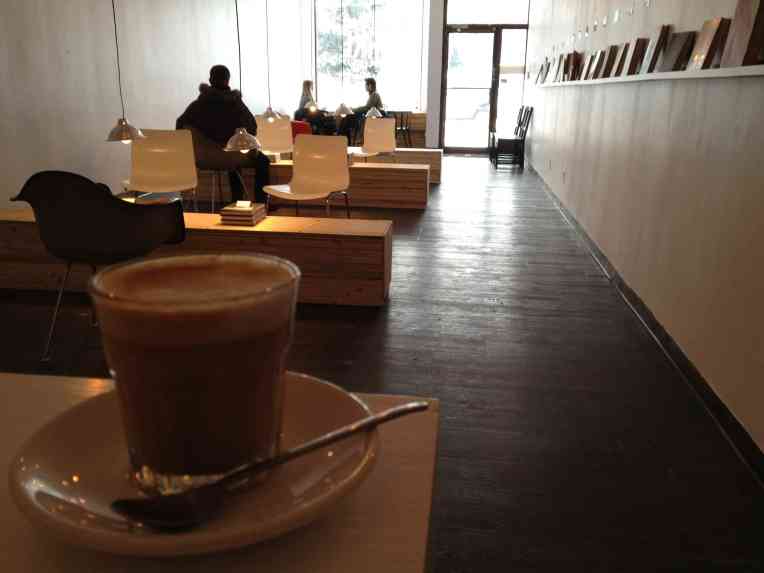
Toban Dyck and Derek Trinke are drafting a plan and planning to draught.
If the plan works, the two Manitoban men will be making their own craft beer within a year.
Called Prodigal Sons Brewery, both have returned to their family’s farms just north of Winkler to start their beer business.
“We’re very pumped about this. It’s very exciting,” said Dyck. “It’s been a dream of mine.”
The pair will build a brewery on Dyck’s family farm just north of Winkler. The 1,200 acre wheat and soy bean farm has been in the family for 130 years.
In mid-April, the duo also launched an online crowd-funding campaign on Indiegogo.com to raise $20,000 to help build a smaller tap house on the property. They are also currently finalizing their business plan and will use it to find major investors, said Dyck.
Neither Trinke, nor Dyck has experience in the beer business.
Dyck is a magazine, newspaper and online journalist while Trinke, who lives across the lane on his own family farm, is an environmental consultant. Both men moved back to Manitoba several years ago from Toronto and Vancouver.
“The farm lifestyle was really appealing to both of us,” Dyck said.
They have already started brewing beer in a friend’s garage in Winkler. They plan to brew a lager, stout and a cream or pale ale to start.
Dyck pointed to Winnipeg’s Half Pints Brewery as inspiration and a model on how to build a successful craft beer business.
Indeed, last month Half Pints expanded its business by adding six 4,000 litre tanks to its St. James facility. The additional tanks will boost production by 56 per cent or roughly 1,500 24-bottle boxes per brew.
In the next few months, Half Pints also hopes to start selling in British Columbia. They currently sell beer in Manitoba, Saskatchewan and Alberta.
“It’s going to keep us busy that’s for sure,” said Half Pints general manager Zach Mesman.
He also welcomed Prodigal Sons Brewery to the local craft brewing industry.
As Mesman said: “There’s lots of room for everyone. It’s only good for the industry.”
Back in Winkler, Dyck knows starting a brewery from the ground up will be a big challenge.
“We have a lot of work ahead of us, that’s for sure.”
This story first appeared on CBC’s The Scene. Here’s the link.





